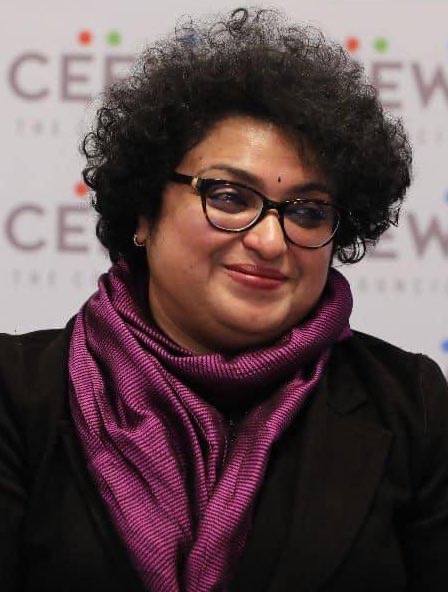Contributors
More »- 1
- 2
- 3
- 4
- 5
- 6
- 7
- 8
- 9
- 10
- 11
- 12
- 13
- 14
- 15
- 16
- 17
- 18
- 19
- 20
- 21
- 22
- 23
- 24
- 25
- 26
- 27
- 28
- 29
- 30
- 31
- 32
- 33
- 34
- 35
- 36
- 37
- 38
- 39
- 40
- 41
- 42
- 43
- 44
- 45
- 46
- 47
- 48
- 49
- 50
- 51
- 52
- 53
- 54
- 55
- 56
Fiscal Health of the Indian States
28/11/2024

The fiscal policy has remained accommodative in the post pandemic period. The stipulated fiscal deficit-GDP ratio envisioned for the State governments is 3.5 per cent of GSDP. This increase in the threshold ratio from 3 per cent of GSDP fiscal rule to 3.5 per cent is welcome, given the …

The initiative, introduced by the Brazilian government, is based on a study by French economist Gabriel Zucman, a professor at the Paris School of Economics and the University of California.
At the G20 meetings in Brazil, a progressive taxation proposal was brought forward, advocating for …

The United Nations Population Fund (UNFPA) report and International Institute for Population Sciences (IIPS) Mumbai recently released the 2023 Ageing Report, which reports that India's elderly population (above 60 years) will double to over 20 percent of its total population by 2050. Given the delimitation exercise (which decides the …

His towering simplicity is revealed in his final writings, when he analysed the transient nature of his achievements.
Bibek Debroy -- multi-faceted genius, renowned economist and Padma Shri awardee -- is no more. Bibek da, as most economists in the Lutyens' Delhi used to call …

The novelty in their work is the way they put 500 years of statistical evidence to show that the quality of institutions determines success. Democracies have a better chance of getting rich. China, however, remains an enigma which doesn’t fit this explanation.
The Nobel Prize …
